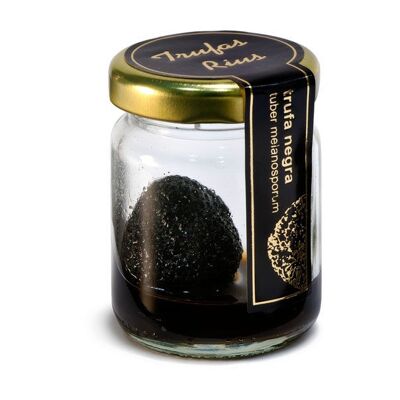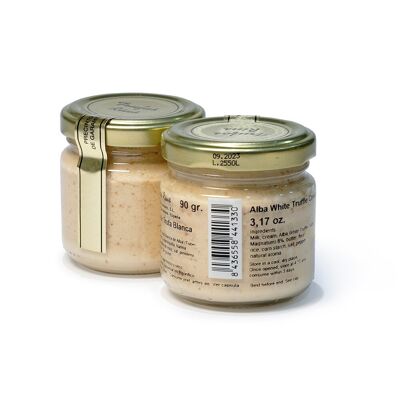


Description: This is a RESERVA balsamic vinegar of Modena, of great purity and quality, with a high grape must content from the Trebbiano and Lambrusco varieties. The aging through different types of barrels completes its bouquet with a woody aroma, making it suitable for light dishes and salads, as well as for dishes with more personality, such as meat-based recipes. Product density 1.25. Acidity 6% Due to its good aging (gravity 1.25) and the 6% acidity characteristic of this type of vinegar, the acidic notes are perfectly balanced with the sweet notes. Therefore, this product is an all-rounder, suitable as a condiment for salads and, at the same time, as an ingredient in cooking, for substantial recipes that require a vinegar with density, body, and flavor. Ideal seasoning for grilled meat and desserts. It comes in a tall, narrow "Opera" bottle, without a specific applicator nozzle. Storage This product has no expiration date. Storage is at room temperature. History of Balsamic Vinegar of Modena To trace the origins of Balsamic Vinegar of Modena, we must go back to Roman times, when cooked grape must, known as "sapa" or "defrutum," was used in cooking as a sweetener instead of honey. During the Middle Ages, the taste for sour flavors became more prominent, and sweet, cooked must was reinvented as vinegar. The Renaissance was a time of great change, which led to a heightened interest in sweet and sour tastes, and Modena vinegar became a refined and expensive condiment, softening the dishes of courts throughout Europe with its sour and sweet notes. By the mid-16th century, four different sweet and sour vinegars already existed in Modena and Ferrara, although it was not until 1598 that vinegars similar to today's "balsamic" vinegars were obtained. In 1747 the word “balsamic” was born, documented in the texts of the Italian Courts, in Modena. The term balsamic refers to an aromatic and fragrant substance, capable of producing relief and well-being, even alleviating pain. The famous composer Gioacchino Rossini wrote in 1832 to his friend Angelo Catelani that the vinegar he had received was “certainly endowed with proven refreshing and balsamic efficacy.”































